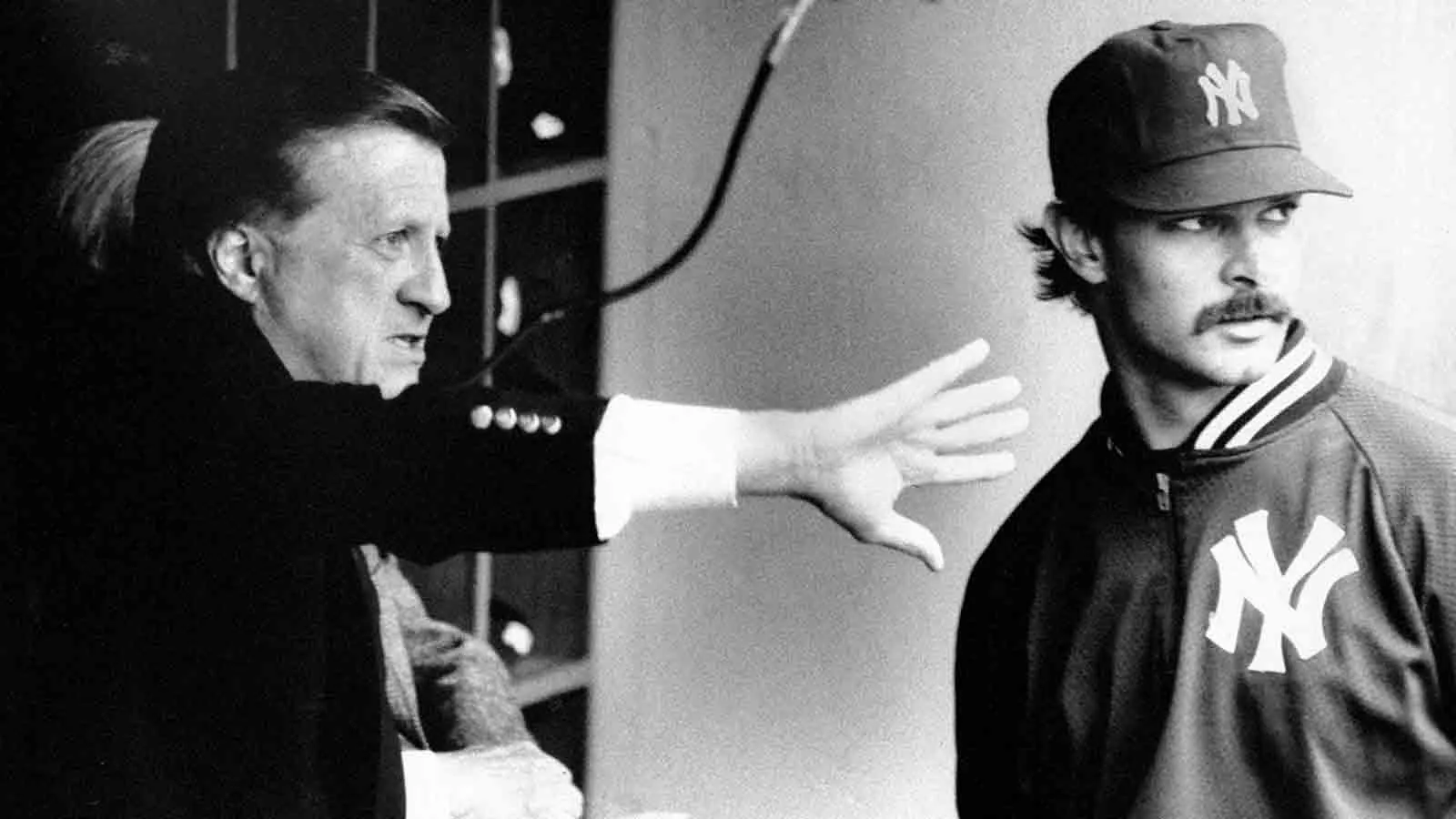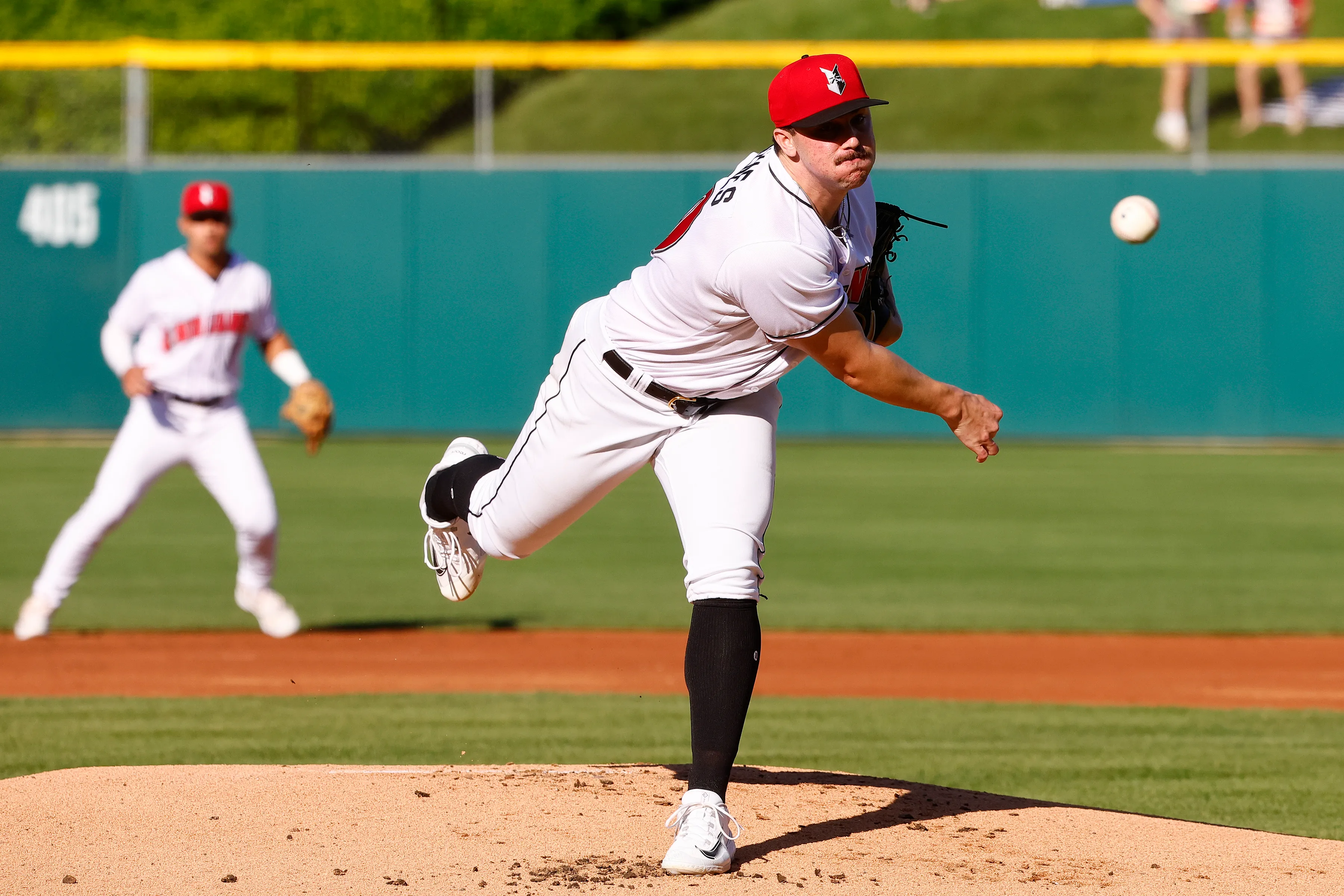
It didn't take long for the Cubs' Jekyll and Hyde offense to become a main topic of discussion at Theo Epstein's end-of-season press conference Wednesday afternoon.
This is largely the same group of hitters that turned in a relentless performance in 2016 en route to 103 regular-season wins and a World Series championship.
The offensive failures were a major talking point surrounding the 2018 Cubs from the first series of the season and really started to pick up steam in September.
With their season on the line, the Cubs managed just 1 run in three of their final four games, including Saturday against St. Louis, Game 163 Monday against Milwaukee and the NL Wild-Card Game Tuesday against Colorado.
The Cubs did not have any actual answers for their offensive woes all year and with the end of the season only a few hours old, they still weren't able to share any conclusions about the state of the lineup.
"Here's where I am about the offense," Epstein said Wednesday afternoon, "I mean this with no disrespect to our players, I respect them all greatly in every way and our coaches and our front office and everybody involved. There's no disrespect, but I think part of getting better is facing the problem.
"Our offense broke somewhere along the lines."
MLB
That trio of games over the final week of the season extended the Cubs' mark of games with 1 or 0 runs scored to 40.
That's right - out of 164 games (postseason included), the Cubs failed to score multiple runs in nearly *a quarter* of their games.
A lineup that featured the 2016 NL MVP (Kris Bryant) when he was healthy plus a 2018 NL MVP candidate (Javy Baez), a perennial NL MVP contender (Anthony Rizzo), the likely NL Comeback Player of the Year (Ben Zobrist), a guy that flashed potential last year of a future NL MVP candidate (Willson Contreras) and a guy who once went six months without seeing live pitching only to come back and tear the cover off the ball in the World Series (Kyle Schwarber) somehow failed their pitching staff one out of every four games in 2018.
And that's say nothing of the arrival of Daniel Murphy - who leads baseball in batting average with runners in scoring position over the last three seasons - who was supposed to help even out the peaks and valleys of this offense.
"Of course there's going to be a thorough examination," Epstein said. "Of course we're going to spend all our energy into fixing it and fix it. If you look back at the first half of the season, we led the league in runs scored. We led the league in OPS. We led the league in virtually every significant offensive category. We were cruising. We felt really good offensively.
"We had cut way down on our strikeouts. We had sacrificed some power, but not all. We were getting on base at a huge clip and scoring a ton of runs and we felt good about our offensive roster 1-through-13, really. Every player.
"Then, in the second half, things were dramatically different, sort of culminating in what happened down the stretch and these last couple weeks."
Epstein cited the Cubs' record in games in which they scored at least 2 runs in the second half (37-13).
After the All-Star Break, the Cubs ranked 24th in baseball in home runs, 23rd in OPS and 27th in slugging percentage.
From Sept. 1 on, they ranked 25th in OPS (.663) and 27th in SLG (.363). Only two other teams - the Giants and Marlins, who were both well out of the race by Labor Day - hit fewer homers than the Cubs' 22 in September/October.
"We hit more groundballs in the second half than any other team by a huge margin," Epstein said. "Our goal is to hit line drives and fly balls out of the ballpark - but hit line drives.
"...Something happened in our offense in the second half where we stopped walking, we stopped hitting home runs, we stopped hitting the ball in the air and we stopped being productive. Not being able to get 2 runs is really unacceptable and it sort of tells a story a little bit of the end of our season, too.
"We had those three games - Saturday, Monday and Tuesday - where if we win one of those games, we're still playing. In each of those games, we scored 1 run with a handful of hits. Unfortunately that was foretold a little bit by the nature of what happened to our offense in the second half.
"That's unacceptable. We have to learn from it and we have to get better. What's the cause of it? What are the contributing causes? We have some ideas, but that's why we're doing all these exit interviews. ... We just have to figure it out.
"I've never been part of something like this offensively and I never want to be again. We have to be an offensive force. We should be with the talent on our roster, but it's probably time to stop evaluating this in terms of talent and start evaluating in terms of production. We need to do everything we can to produce offensively."


